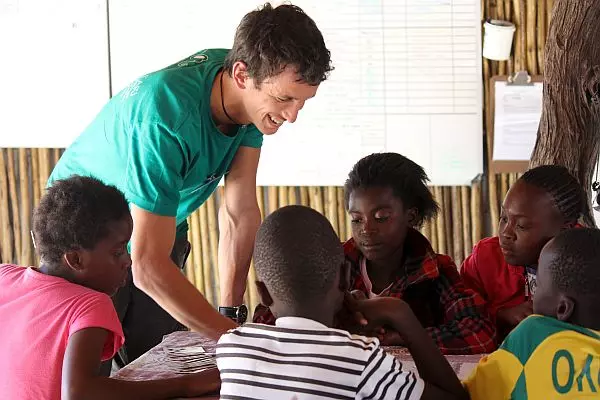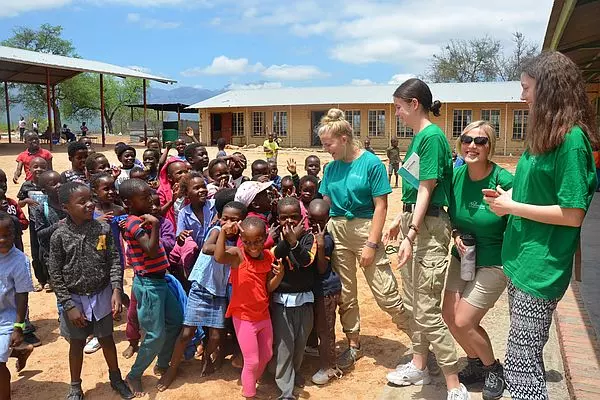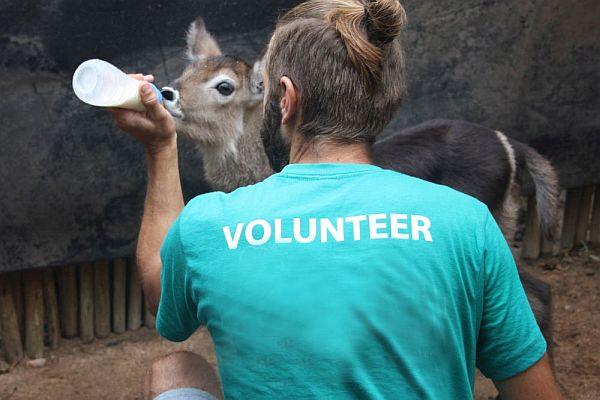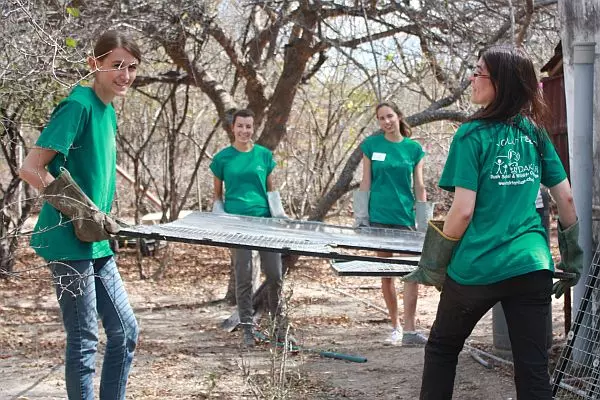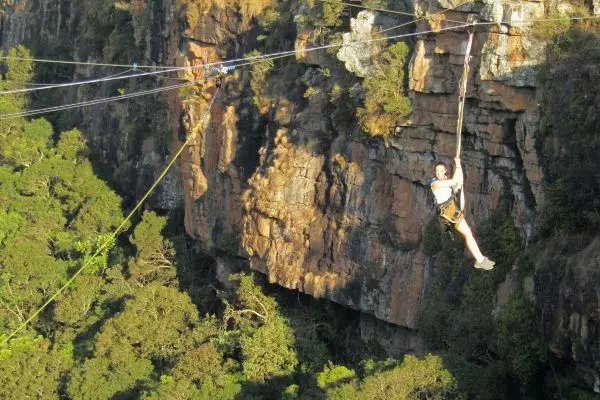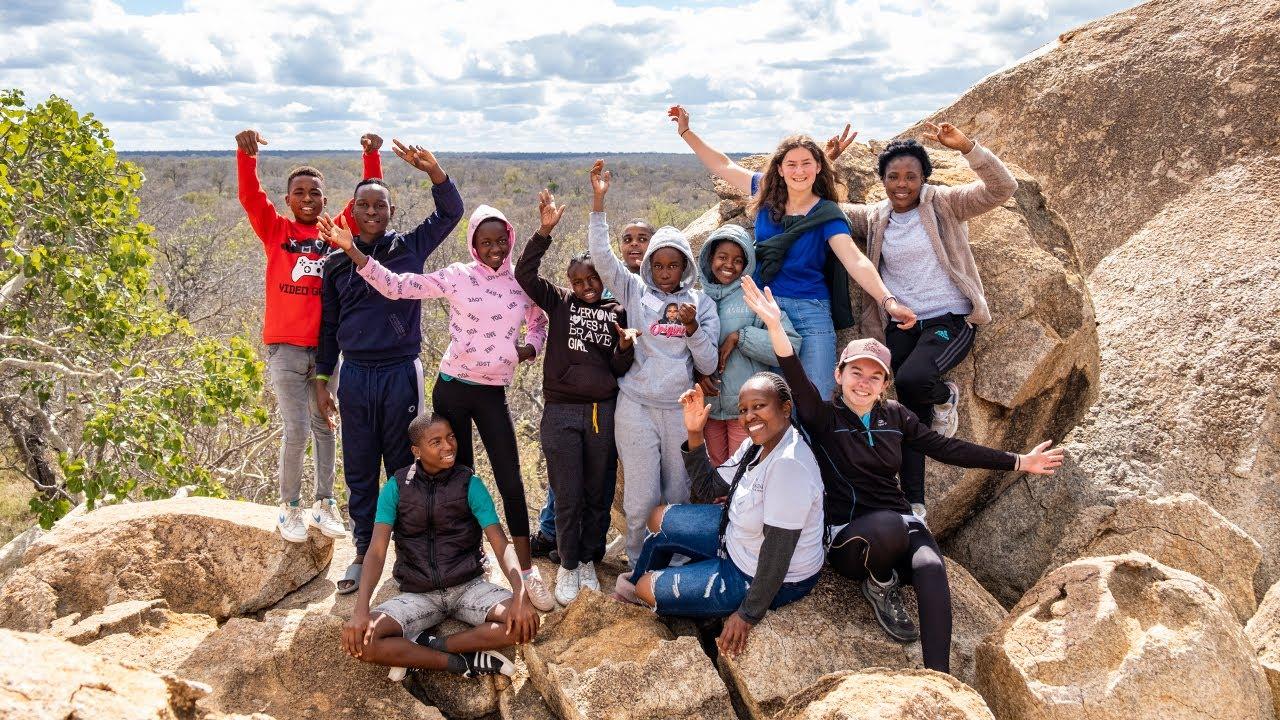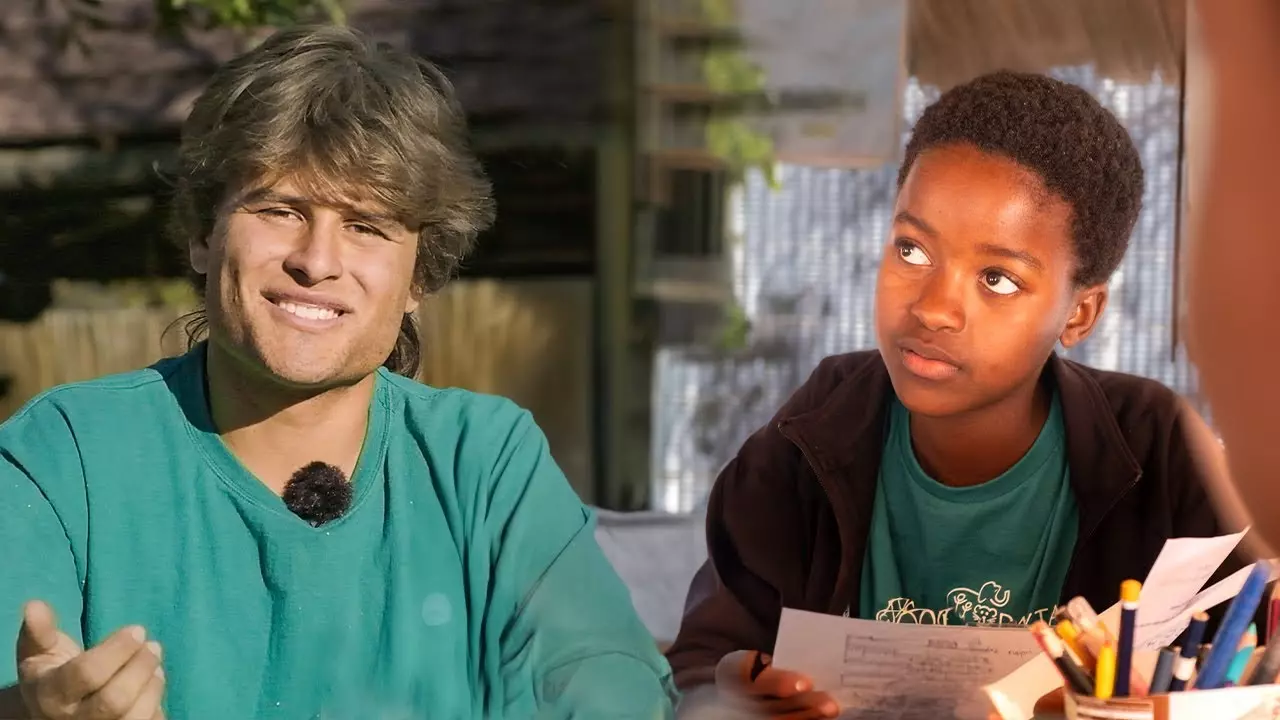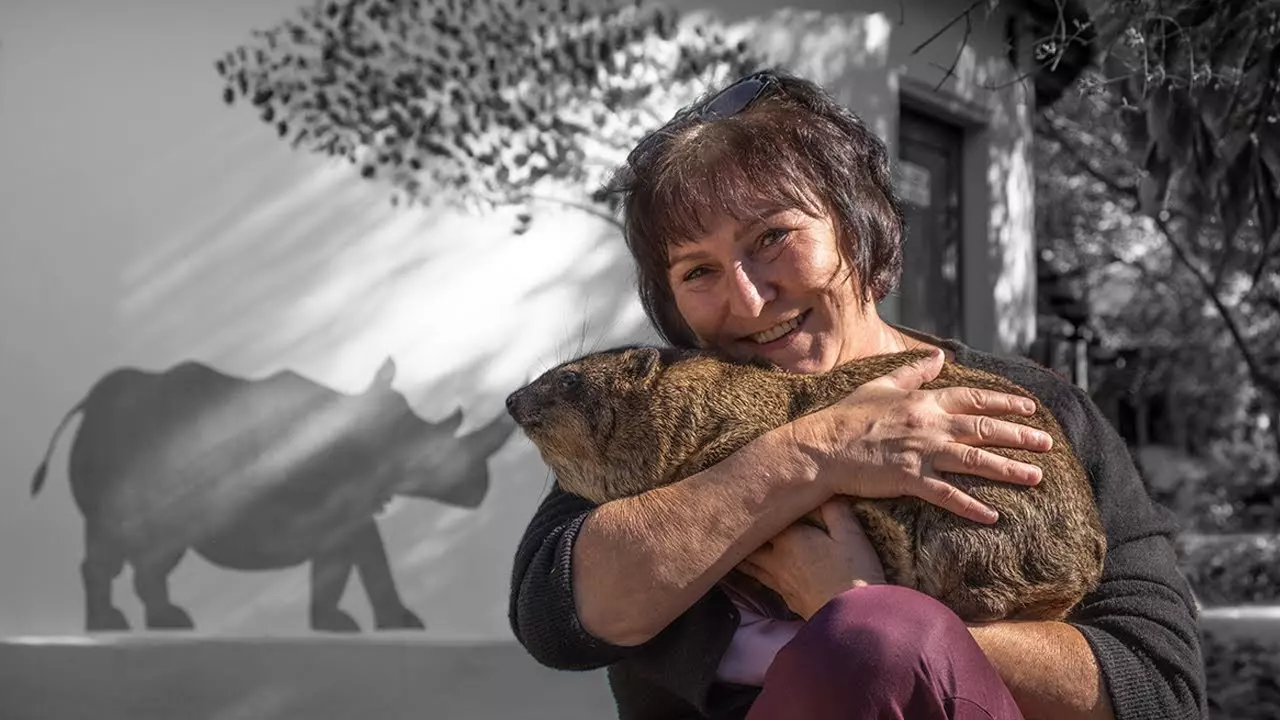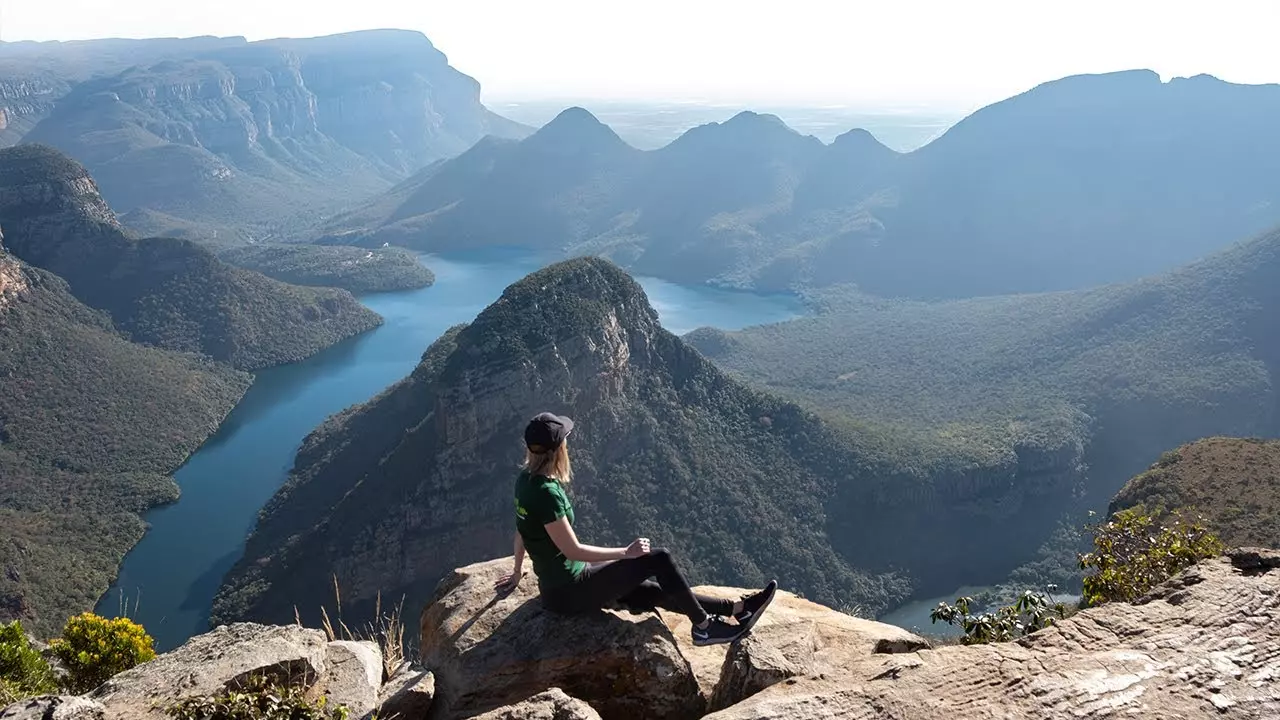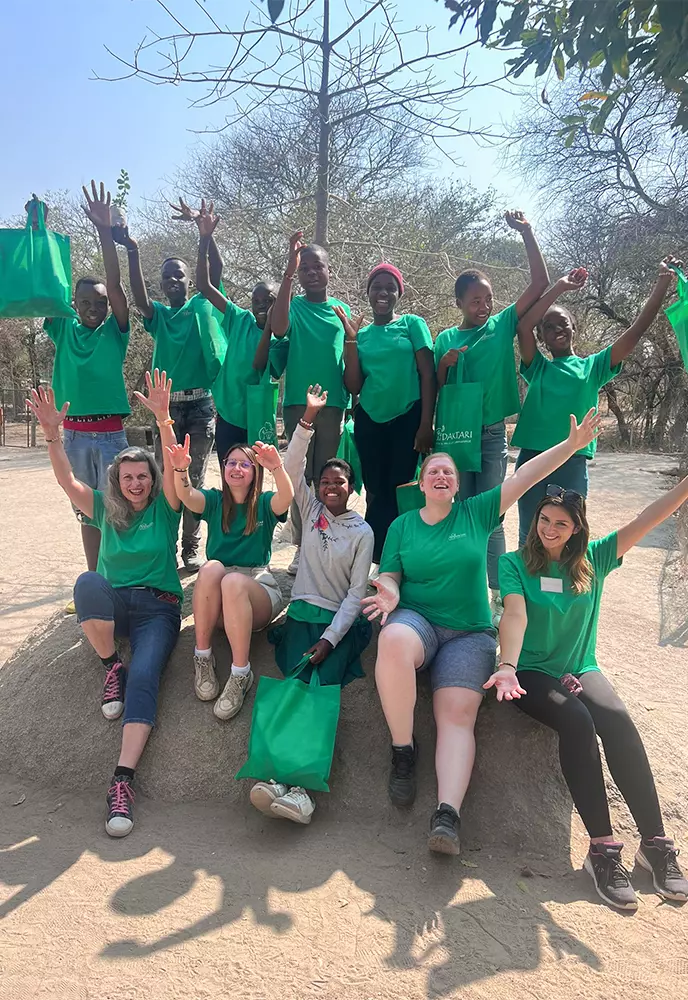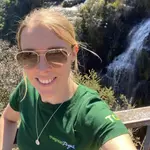When Is The Best Time To Volunteer?
As this project takes place at a wildlife orphanage, you will be able to see animals here all year round, meaning there is no ‘best’ time to volunteer when it comes to the wildlife. That said, the weather may dictate when you would prefer to participate.
Spring (Early September-November) – also known as ‘baby season’, spring not only sees the arrival of heavy rains but welcomes new life into the region! Spring is a crucial time, as while the cooling rains offer a sense of relief (temperatures can reach as high as 32°C/89°F), this is also the peak time in which animals are orphaned or abandoned. This means that all hands are on deck to ensure that any animals found in need will receive the help they require, so if you would like to lend your assistance at a vital time for animal intakes, a springtime placement may be for you!
Summer (Early December-late February) – this is the hottest part of the year, with average temperatures reaching highs of around 33°C (91°F) and lows of roughly 19°C (66°F). This is also the wettest time of year, though you can mostly expect quick thunderstorms which vanish by the afternoon. We therefore recommend bringing a combination of light and waterproof clothing.
Autumn (Early March-late May) – this is perhaps the most comfortable time of year in which to volunteer, as temperatures average at around 29°C (84°F) during the day before dropping to roughly 13°C (55°F) in the evening. There is minimal rain during this period, making it a great time to spend outdoors with the children and animals!
Winter (Early June-late August) – just like autumn, winter is a comfortable time to volunteer at the project, with temperatures ranging between 26-28°C (78-82°F) in the day with lows of around 11°C (52°F). This is also the driest time of year to volunteer, and could also be a great time to head out on some additional excursions!
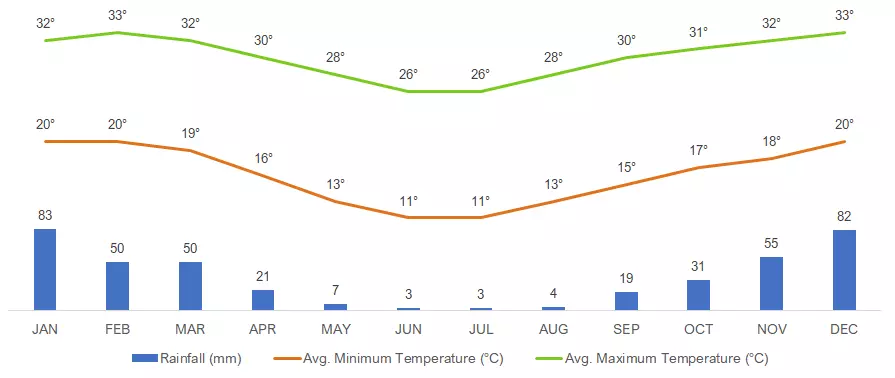
Getting There
You will need to arrive into Hoedspruit on your start date, where you will be met by a member of the team and transferred to the project site. The easiest way to reach Hoedspruit is by air, and there are daily flights via Johannesburg or Cape Town into Hoedspruit Airport (HDS). The transfer from the airport to the project site takes approximately 1 hour and you need to arrive between 11am – 3pm to take this.
An alternative option to reach Hoedspruit is by shuttle bus from Johannesburg. The shuttle bus departs Johannesburg Airport at 6:45am, so you would need to arrive the day before your start date and spend an additional night in a hotel close to the airport. The cost for this is ZAR985 (approximately $63) and it takes 5 hours to reach Hoedspruit.
Getting Back
You will be transferred back to Hoedspruit on your final day, leaving the project site at 8:30am and arriving at approximately 9:45am. If you are flying out, you will be dropped off at the airport, so please ensure your flight departs no earlier than 11:30am, as you will need to have plenty of time to check-in and go through airport security.
If you are taking the shuttle bus, you will be dropped off at the Kamegelo Centre and the bus departs from here at 11:30am.
Visa Requirements
Citizens of most countries (including the UK, USA, Canada, Australia and most of those within the EU) do not need to obtain a visa to enter South Africa and are granted entry for up to 90 days upon arrival. You will, however, need at least 2 blank pages in your passport for the immigration officials to use and your passport must be valid for a period of at least 6 months from your date of entry into the country.
If you are unsure of your individual visa requirements, we recommend speaking to the South African embassy in your own country at least 2 months prior to travel. Please note that visas are your own responsibility.
Fitness & Skills
You do not need more than a moderate level of fitness to take part in the activities here, however, there are regular walks to be taken and you must be able to keep up with the energetic children! Similarly, there may be an element of construction or maintenance work which takes place during your time on the project, therefore, we recommend that all volunteers have a moderate level of fitness in order to contribute to the project’s ongoing efforts. No prior building, teaching or animal care experience is necessary – all we ask is that you arrive with a willingness to take part and that you are passionate about the project’s ethos!
Vaccinations
The vaccinations required will depend upon your individual medical history. Therefore, we recommend that you consult with your GP/Doctor regarding your own vaccination needs to ensure you are fully protected and prepared to travel. In conjunction with this, we would also recommend that you check Fit for Travel's website for more helpful information regarding this.

 $
USD
$
USD
 £
GBP
£
GBP
 $
USD
$
USD
 $
AUD
$
AUD
 €
EUR
€
EUR


